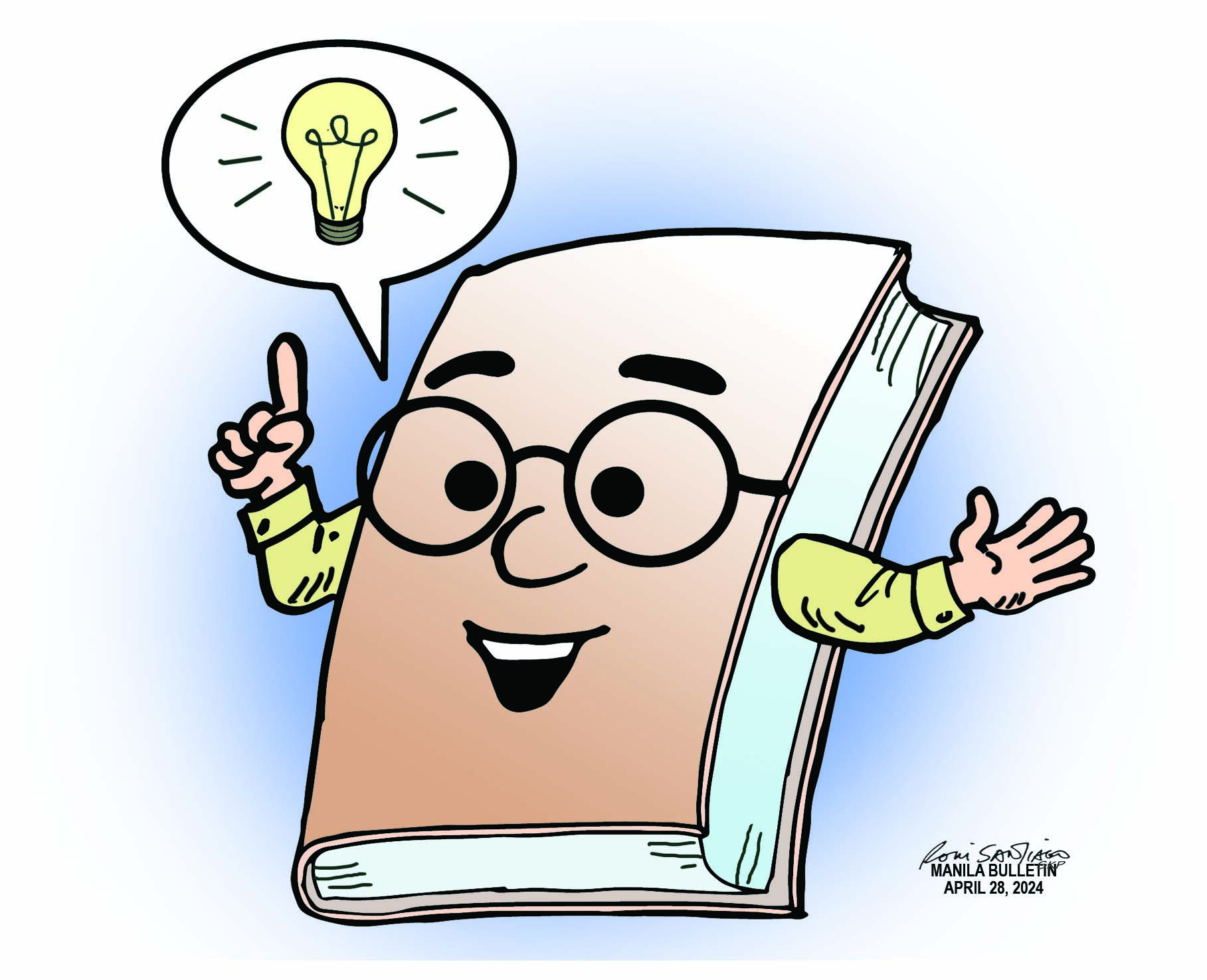
When was the last time you read a book? That’s a question that quite often these days is followed by a long pause, or a stare. The reason likely is that the last book was read too long ago to remember, or the question presents a realization that one has forgotten the habit, or the pleasure, of reading a book.
That’s sad. Reading a book – in printed form or e-book – gives so many benefits to one’s analytical, comprehension, and communication skills and it develops creativity. Reading a book “gives the brain a mental workout” whose benefits extend far into life. Scientific studies have shown that “people who regularly indulge in reading or other brain-challenging activities tend to have a slower rate of cognitive decline.”
The old saying — knowledge is power — starts with an appetite for reading which develops the habit of lifelong learning. Books carry information that builds knowledge, and reading develops the skills to analyze concepts, create imagery, and build a wide vocabulary to communicate.
Books introduce the young minds to other cultures and reading becomes a journey to other worlds. And while reading, the young mind is introduced to concepts that need to be analyzed, and to words that create images in the mind.
Reading is a habit that needs to be nurtured in the home and in school, quite a difficult habit to introduce because of new technologies that offer content as videos, photos or art cards. Another factor that’s become an obstacle to reading is time. Many professionals and students say they now have to balance time for many tasks and responsibilities.
Recently, the results of the 2023 National Readership Survey (NRS) showed a notable decline in non-school book readership among Filipino adults and children. The survey revealed adult readership is at 42 percent and children at 47 percent in 2023. Access to books emerged as the primary reason for the decline, with limited awareness of public libraries and constraints like time and distance cited as barriers to visits,” according to the National Book Development Board (NBDB) website.
“These findings, which provide a much-needed nuanced understanding of Filipinos’ reading habits and preferences, reinforce the fact that access to quality books remains a pressing issue in book publishing and education, so the sectors’ focus now clearly has to be on addressing gaps in access,” said NBDB Chairperson Dante Ang II.
He said the board will examine “various proposals to develop policy directives aligned with the objectives of Republic Act No. 7743, which aims to establish congressional, city, and municipal libraries, along with barangay reading centers nationwide.” A 2018 study by the National Library of the Philippines found that only three percent of local government units have libraries.
Meanwhile, the “beauty and power of books” was celebrated during World Book and Copyright Day last April 23 to promote the enjoyment of books and reading. Initiated by UNESCO, the celebration recognizes the scope of books –“a link between the past and the future, a bridge between generations and across cultures.”
“Books, in all their forms, allow us to learn and to keep ourselves informed. They also entertain us and help us to understand the world, while offering a window into otherness,” UNESCO Director-General Audrey Azoulay said.
Let us celebrate books and reading, and also make a commitment to support initiatives to make books more accessible.